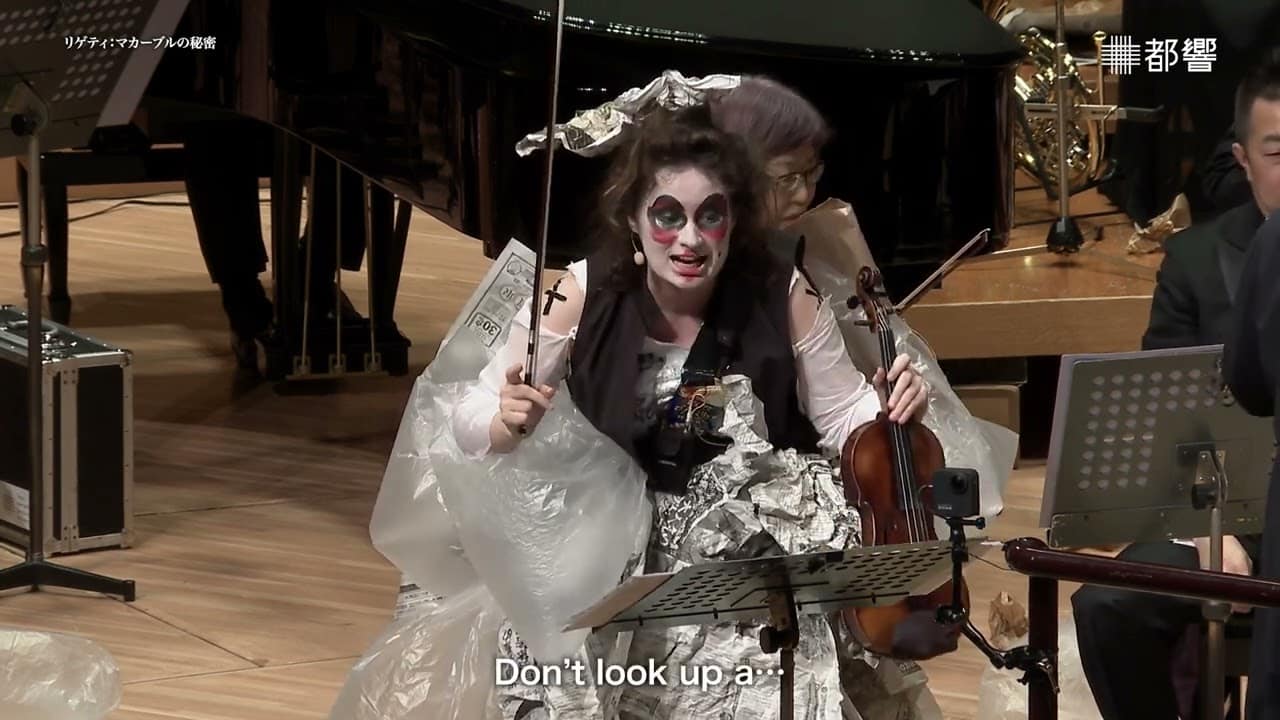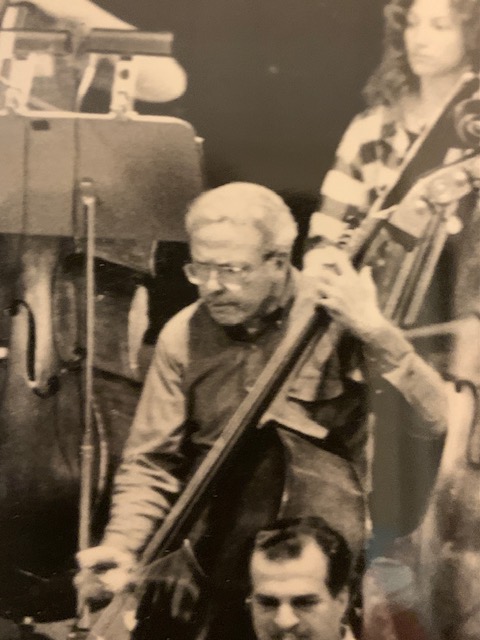Handel has a Christian oratorio
OperaFirst performed in London in 1750, Handel’s penultimate work Theodora was written when he was in his early 60s. The only one of his oratorios based on a Christian subject, Handel and his librettist Thomas Morell moved away from the dramatic potential of the martyr’s legend and instead focused on the protagonist’s inner conflict, thereby creating a contemplative work about religious tolerance, Christian virtues and humanist values. This new approach inspired Handel to write a score of unprecedented musical introspection and he considered it to be his favourite oratorio. The score conjures up every musical colour and nuance to exalt virtue and faith. The composer alternates majestic pages illustrating the violence of the Romans with the compassion of the Christians. For director Stefan Herheim, this makes Theodora a beacon in the history of musical theatre which takes on new relevance against the background of the spiritual vacuum of consumerism and the lack of spiritual direction that characterise our times. The globally celebrated countertenor and Handel specialist Bejun Mehta debuts as a conductor at MusikTheater an der Wien with the La Folia Barockorchester. Jacquelyn Wagner sings the title role. Streamed by Slippedisc, courtesy of OperaVision.
The Plot: for Theodora, a princess who has converted to Christianity, earthly existence means nothing compared to the promise of eternal salvation. She disobeys the command issued by the Roman Emperor to worship Jupiter, preferring instead to die in the name of freedom of religion.
Subtitles in English and German
Available Friday 12th April 2024 at 1900 CET / 1800 London / 1300 NY






Comments